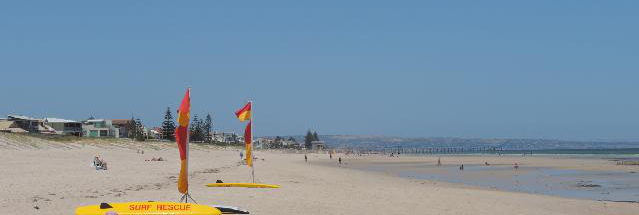Not CLL specific, but some research to keep an eye on. In this 'The Conversation' interview, Catherine Olsen, Senior Research Officer at QIMR Berghofer Medical Research Institute, Brisbane, Australia (the skin cancer capital of the world), outlines the findings of a meta-analysis study that indicates that common over-the-counter painkillers, such as ibuprofen and aspirin, can decrease risk of developing squamous cell carcinoma:
theconversation.com/common-...
Note that the effect isn't big - just 18% with NSAID use and 15% with non-aspirin NSAIDs. Encouragingly, NSAIDs had the biggest impact on people who had previously had skin cancer, or people with solar keratoses.
"Clinical senior lecturer in dermatology at Australian National University, Andrew Miller, urged caution about the results.
“Aspirin is a cheap drug, and if you can use a cheap drug to deal with an expensive problem, then it’s worthwhile taking on,” he said. “But they [NSAIDS] are not benign drugs so you certainly can’t make a treatment recommendation at this stage.”
Olsen said people shouldn’t rush out and start popping anti-inflammatory drugs in the lead up to their next trip to the beach.
“There are significant side effects associated with these drugs, so anyone who wants to know more should speak to their health professional,” she said.
The meta-analysis was unable to pinpoint the ideal dosage or duration of use for NSAIDs as each of the studies included had different criteria for eligibility and measurement."
Perhaps in future we can improve this protective effect by determining the best dose and timing (for example after an inadvertent high level of exposure), but for now, minimising sun exposure is the most practical means of reducing your risk of developing these secondary cancers of which we are at significantly higher risk due to our CLL.
Neil
